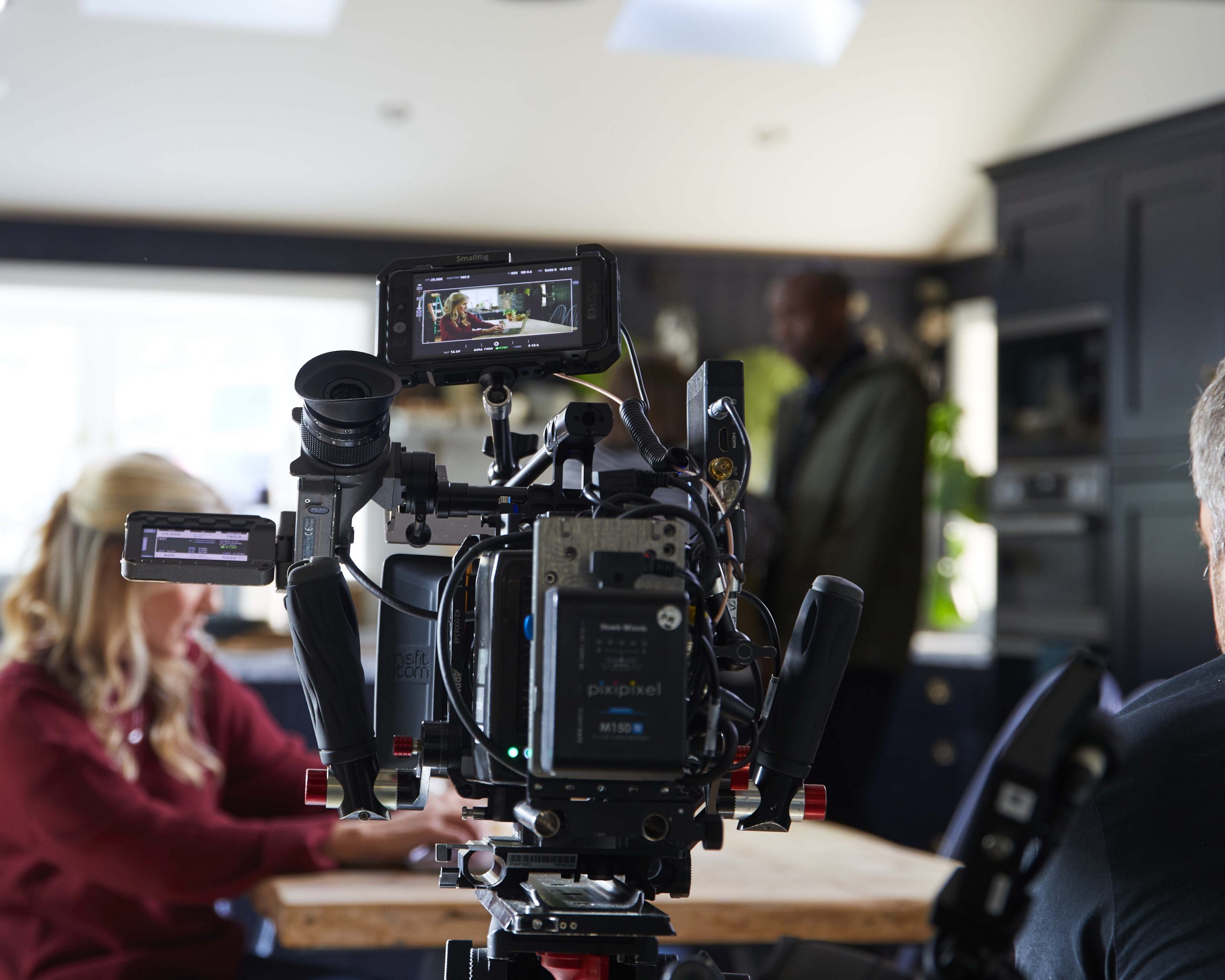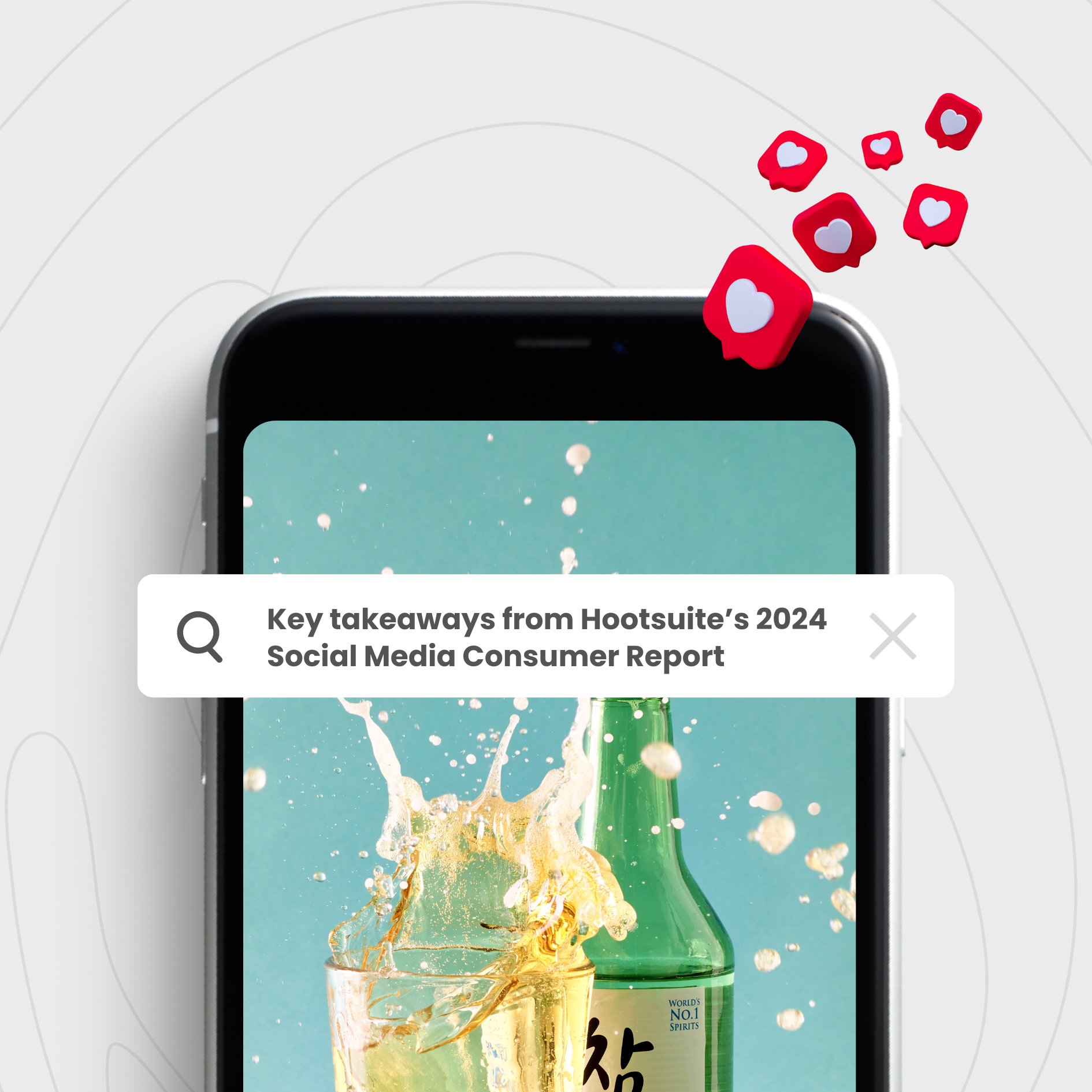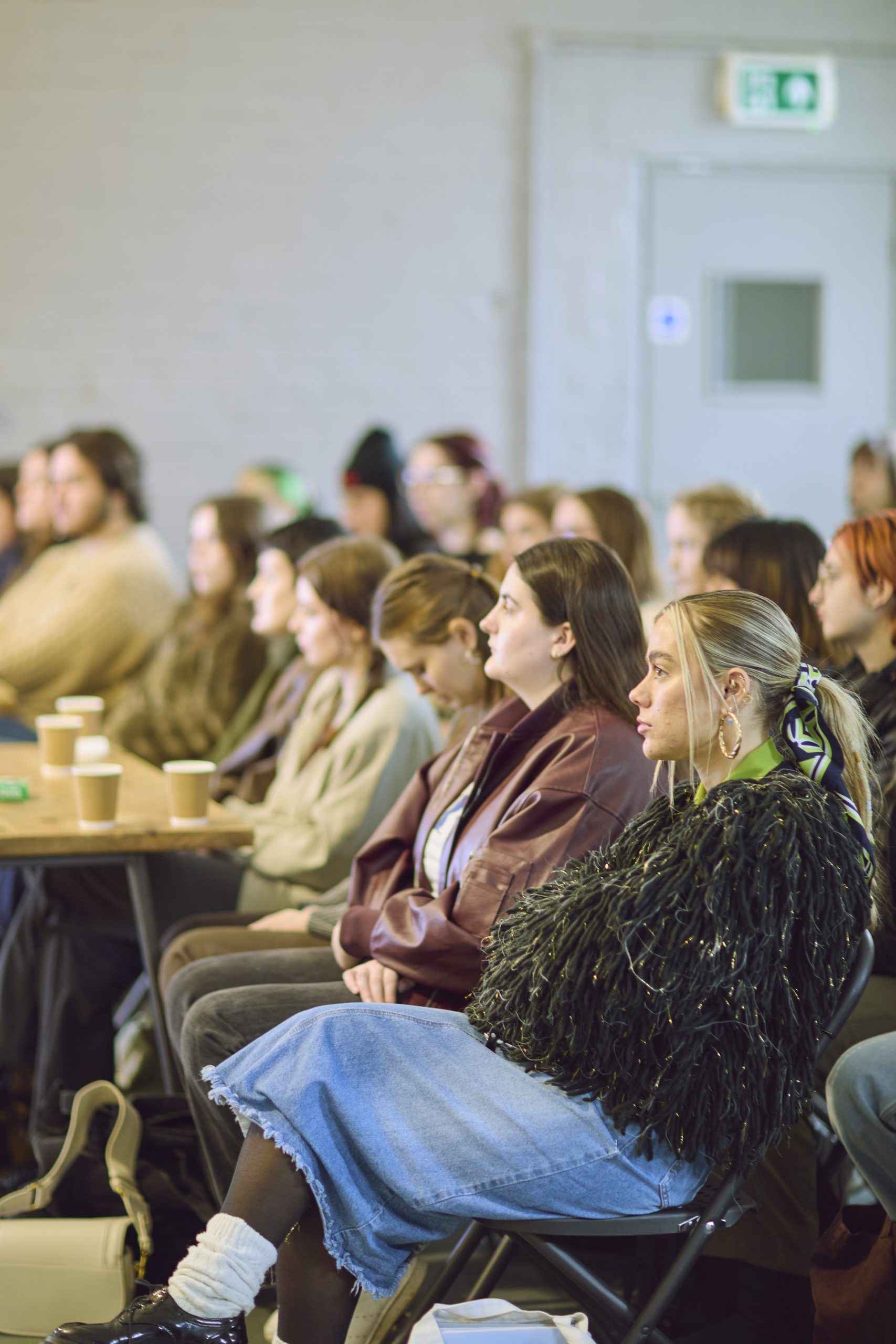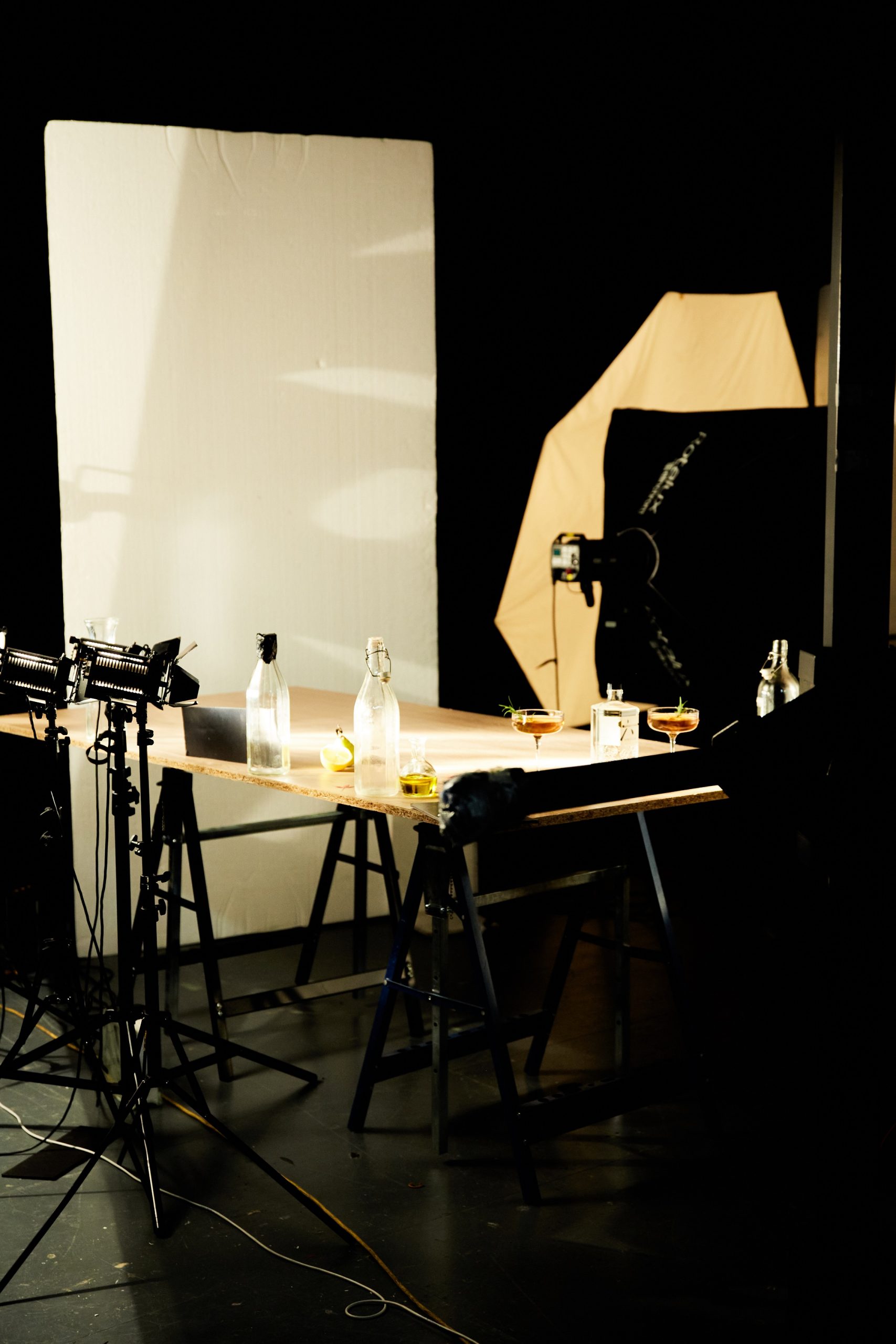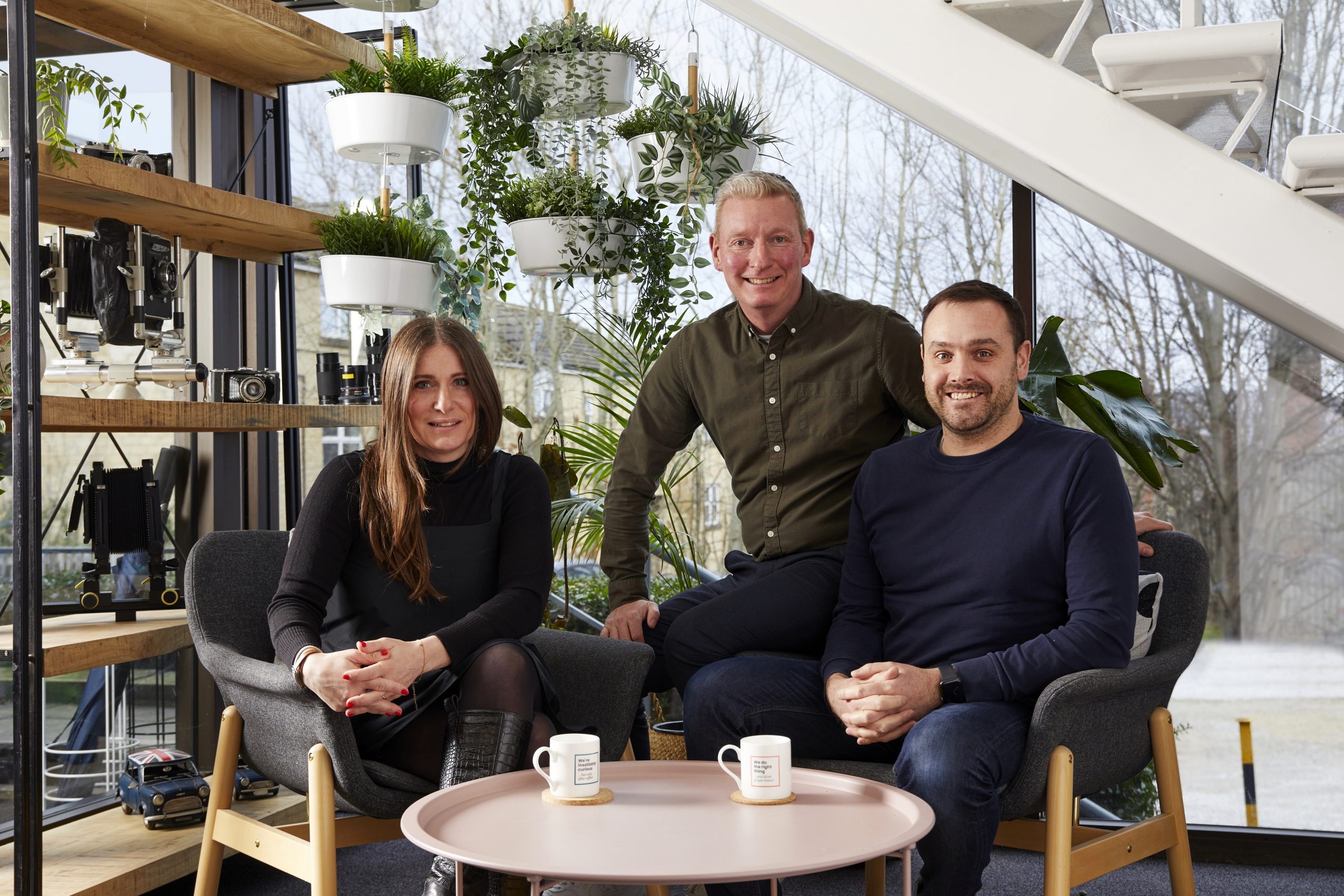Mental health in the creative sector
About this post
Published
Author
May 17, 2019
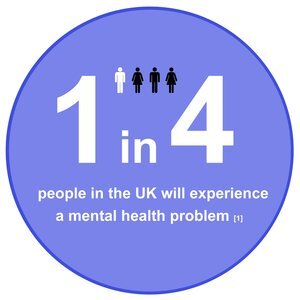
For Mental Health Awareness Week, we wanted to address the impact of mental health on those who work in the creative sector. Whilst one in four people in the UK will experience a mental health issue each year [1], for those working in a creative role the liklihood of developing such issue is three times greater [2].
Powerhouse’s Tim Jones talks about his experience with mental health in the industry and what individuals and businesses can do to make a difference.
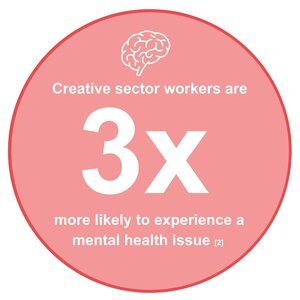
For an industry which is fundamentally built around communication and the free flow of ideas without judgement, mental health still seems to be something of a taboo subject. There are a lot of different factors which can impact this as we’re a pretty unique sector. We’re at the forefront of creative thinking, where the expectations and subsequent stress and pressure can be high. If you’re a freelance creative, this issue is only compounded when you consider irregular work patterns, high volumes of travel, frequent isolation and the financial pressures that come hand-in-hand with job security.
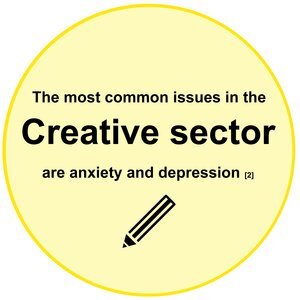
The most commonly diagnosed mental health issues for creatives are anxiety (36%) and depression (32%) [2], two disorders that I can personally relate to. I’ve struggled with these as far back as I can remember. I didn’t have the family support to openly discuss how I was feeling and grew up in an era where “boys didn’t cry”. There wasn’t the education around it then like there is now; if you asked me 20 years ago about someone with mental health issues, I’d probably have described a person rocking in the corner of a padded cell.
During my career I’ve always feared the reactions of colleagues and clients, not to mention the impact it might have on my career if I were open and honest in such a competitive creative industry. But awareness weeks like these help lift the lid on mental health stigmas and encourage individuals and businesses to do two important things: talk and act.
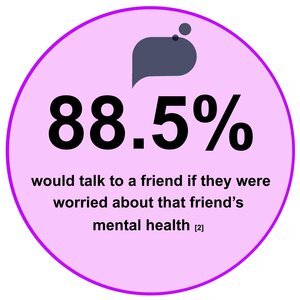
Talk
If you’re someone working in this industry that can identify with similar issues to the ones I’ve experienced, the best thing you can do is talk about it. Have the confidence to grab a coffee with a colleague and let them know how you’re feeling. Chances are your anticipation of their reaction will always be worse than the reality, and discussing the problem will prevent it from getting worse in the long run.
If you often work freelance and in silo, seek out networks of similar creatives that you can collaborate and share ideas with. Building true connections with a wider unit of creatives will help you feel like you’re not alone in this, and to be honest the stats show they’re likely to feel the same way you do!
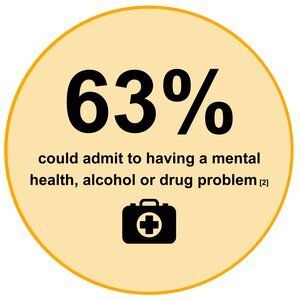
Act
If you’re a creative business wanting to make a difference to your employees’ experience at work, echo a culture which truly supports mental health and make it as accessible as possible to all. Because times are changing and as a nation we’re becoming more open about our mental health, people are much more willing to seek out help but just don’t know where to get it [2].
There are tonnes of online resources which support businesses in addressing mental health at work, ranging from mental health first aid courses to mental health toolkits. One thing we’ve implemented here is a Wellbeing Team made up of colleagues who are here day in day out, so there’s always someone to talk to.
Because of how alarming the stats are when it comes to mental health for creatives, you could ask the question of which came first? Are people more susceptible to mental illness being drawn to more creative roles, or is the nature of the industry contributing to such issues? [1]. Either way, now’s the time to embrace mental illness and be as open as possible with each other. If this piece can help just one person or business, then it’s truly done its job in kicking off the change our industry needs.
[1] Mind Org [2] Inspire Wellbeing
